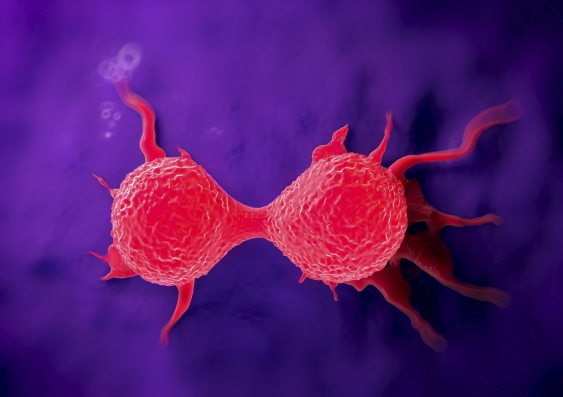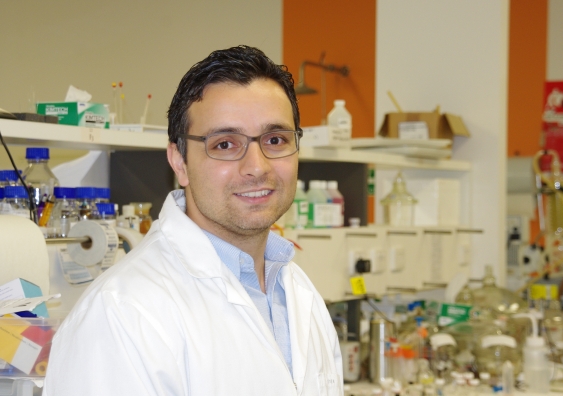New way to find cancer ‘hidden’ amongst billions of healthy cells
A new method for detecting cancer cells in the body could one day be used to remove them, like a dialysis machine for cancer, the UNSW researcher who helped develop the system says.
A new method for detecting cancer cells in the body could one day be used to remove them, like a dialysis machine for cancer, the UNSW researcher who helped develop the system says.

A new method for detecting cancer could also be capable of filtering a patient’s entire system to remove the dangerous cells from the body, a form of dialysis for cancer, the UNSW researcher who helped develop the system says.
The cancer diagnosis technique, developed by Dr Majid Warkiani, from UNSW’s School of Mechanical and Manufacturing Engineering, is capable of detecting and removing a tiny handful of cancer-spreading cells from among the billions of healthy cells in a small blood sample.
The revolutionary system, which works to diagnose cancer at a tenth of the cost of competing technologies, is now in clinical trials in the US, UK and Australia, and is in the process of being commercialised by Clearbridge BioMedics.
“It’s like a non-invasive ‘liquid biopsy’ that can flag the presence of any type of solid cancer – like lung, breast, bowel, and so on – without the need for surgery,” said Dr Warkiani, who is also a project leader at UNSW’s Australian Centre for NanoMedicine.

Dr Majid Warkiani
The initial challenge to develop the early-warning diagnosis system was to find those few cancer cells amongst billions of healthy blood cells. That challenge was met by a system that ‘spins out’ and isolates circulating tumour cells (CTCs), which are shed into the bloodstream from a solid tumour and can establish tumours elsewhere in the body –the mechanism by which cancer spreads through the body.
The ‘liquid biopsy’ can thus be used both for early cancer diagnosis and for monitoring a patient’s response to treatment. But the potential for the new system goes far beyond just diagnosis.
If the filtering system could be scaled up, a cancer patient’s entire blood supply could potentially be similarly filtered, removing the dangerous cells and cycling the rest of the patient’s blood back into their system. It would be similar to dialysis treatment for kidney patients.
“It would be a revolution in cancer treatment. You would keep filtering out the dangerous cells, prolonging the life of the patient,” says Dr Warkiani, who beat 50 early-career researchers to be awarded the NSW winner of Fresh Science, a national program that helps early-career researchers find and share their stories of discovery.
“There is still a long way to go – including securing money and support in Australia – before this is possible.”
But he believes this new technology will become one of the essential components of routine cancer management in the near future.
“A therapeutic version of this system, used for blood cleansing, could make the cancer a chronic disease and decrease drastically its mortality rate,” he says.
Read more in The Australian.